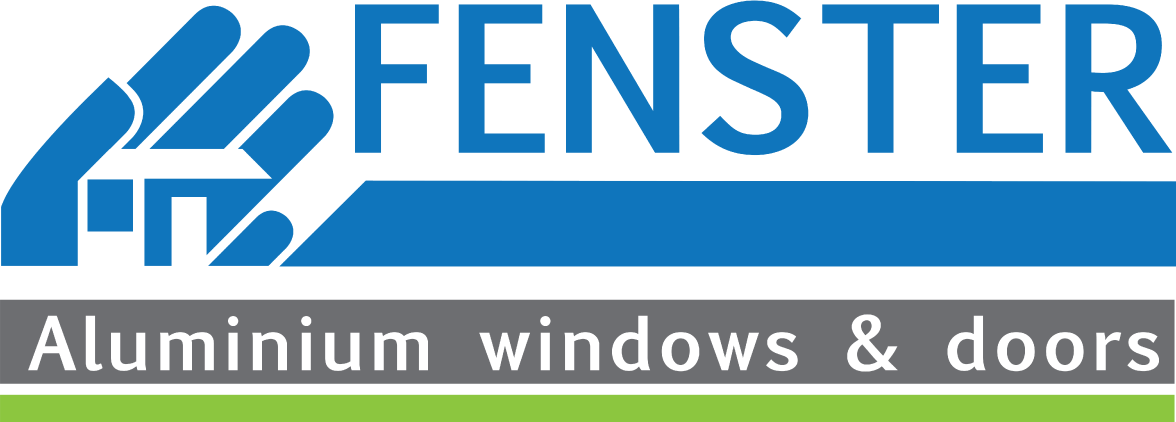Sales Is About Relationships
Contrary to the stereotypes, sales is all about relationships. When a buyer needs something, they want to be able to rely on a trustworthy salesperson to help them find a solution. That means the most effective salespeople are those who see their prospective customers as people rather than deals. Done right, sales will feel like creating partnerships, not selling.
As you progress in your sales career, you may face decisions that test your ethics. Remember: Your integrity and reputation matter.
Communication Is Key
If relationships are the foundation to sales, then knowing how to communicate becomes essential for the effective salesperson. As you build connections, lean on these communication tips:
- Listen actively. Active listening helps you understand your potential customer’s needs and shows the customer that you respect what they have to say.
- Use the right medium. The medium impacts the conversation, so be sure you’re choosing the best option for the information you’re sharing.
- Keep points clear. A checklist or basic script will help you stay focused on the essential details. Use clarifying questions to ensure that your contact understands what you’re offering.
- Consider nonverbal communication. Nonverbal communication matters as much as the words and tone you use. You’ll also get information from your potential customer’s body language.
- Show empathy. To earn a buyer’s trust, show them that you want to understand their needs. Demonstrate that you truly care about their challenges and want to help.
- Practice. Role-play or with a colleague to get low-stakes experience. You can also record yourself speaking to analyse how you look and sound to customers.
- Marketing and sales have different roles but the same objective. Remember that customers see one organisation, not different departments. Work with marketing to present a united front.
Consider Your Process
There are many ways to think of the sales process. Different frameworks will give you a variety of perspectives from which you can sharpen your skills. Consider which processes your team uses, and think about which approaches fit with your work style. You can start by flipping the cards below to review two well-used concepts:
Hover over each card to reveal more information.
Tap on each card to reveal more information.
The Sales Pipeline
The Sales Pipeline
The Buyer’s Journey
The Buyer’s Journey
Pick Up Your Toolkit
Sales tools give salespeople more time, focus, and control over their work. From intelligence to management, to analytics, tools can streamline every part of the sales process.
Customer relationship management tools, or CRM systems, are especially helpful for sales teams. They simplify data collection and organisation, freeing up time that would have been spent on administrative tasks.
Unsure which tools to use? Ask your manager to find out what’s available to you. Remember, tools are only useful if your team is using them correctly and consistently.
Thank you for taking this course!
Click on “Mark Complete ✓” to complete the final quiz, and then you will receive a certificate for this course.
